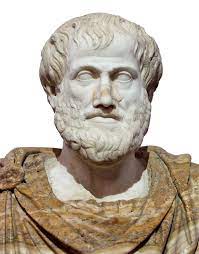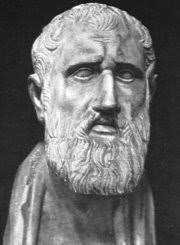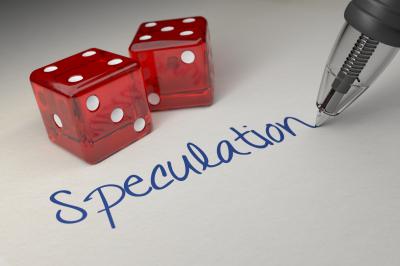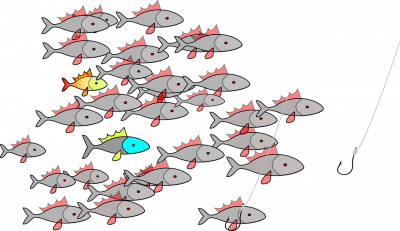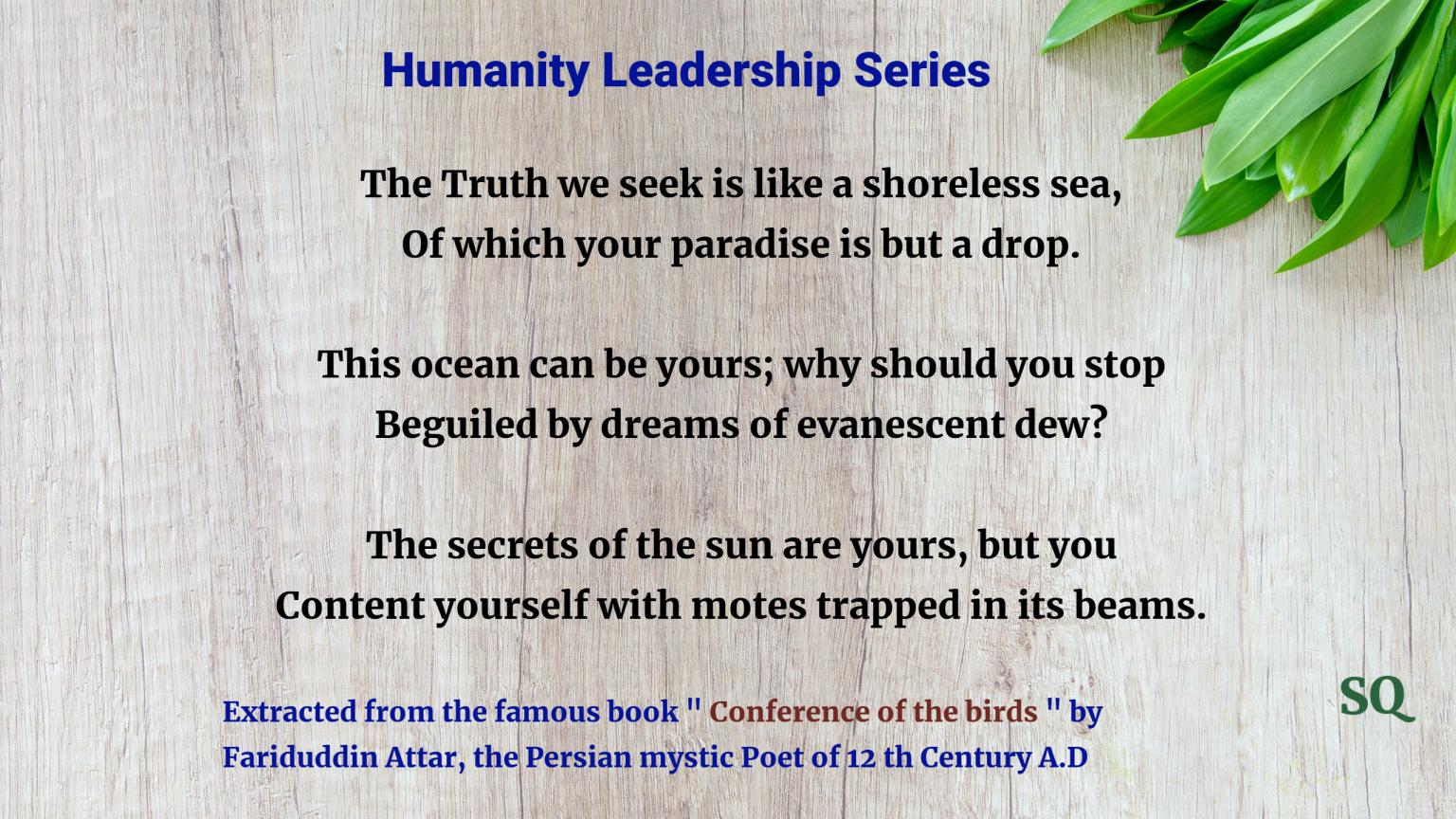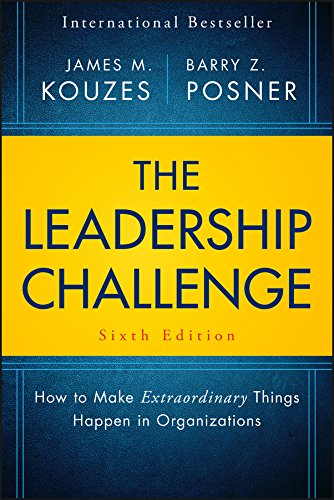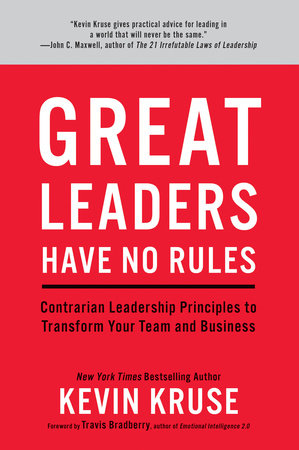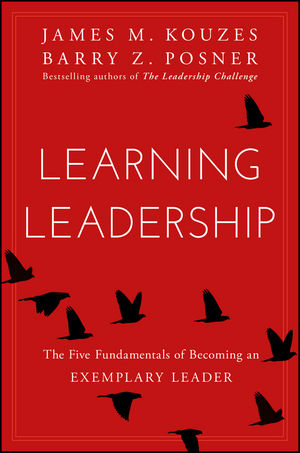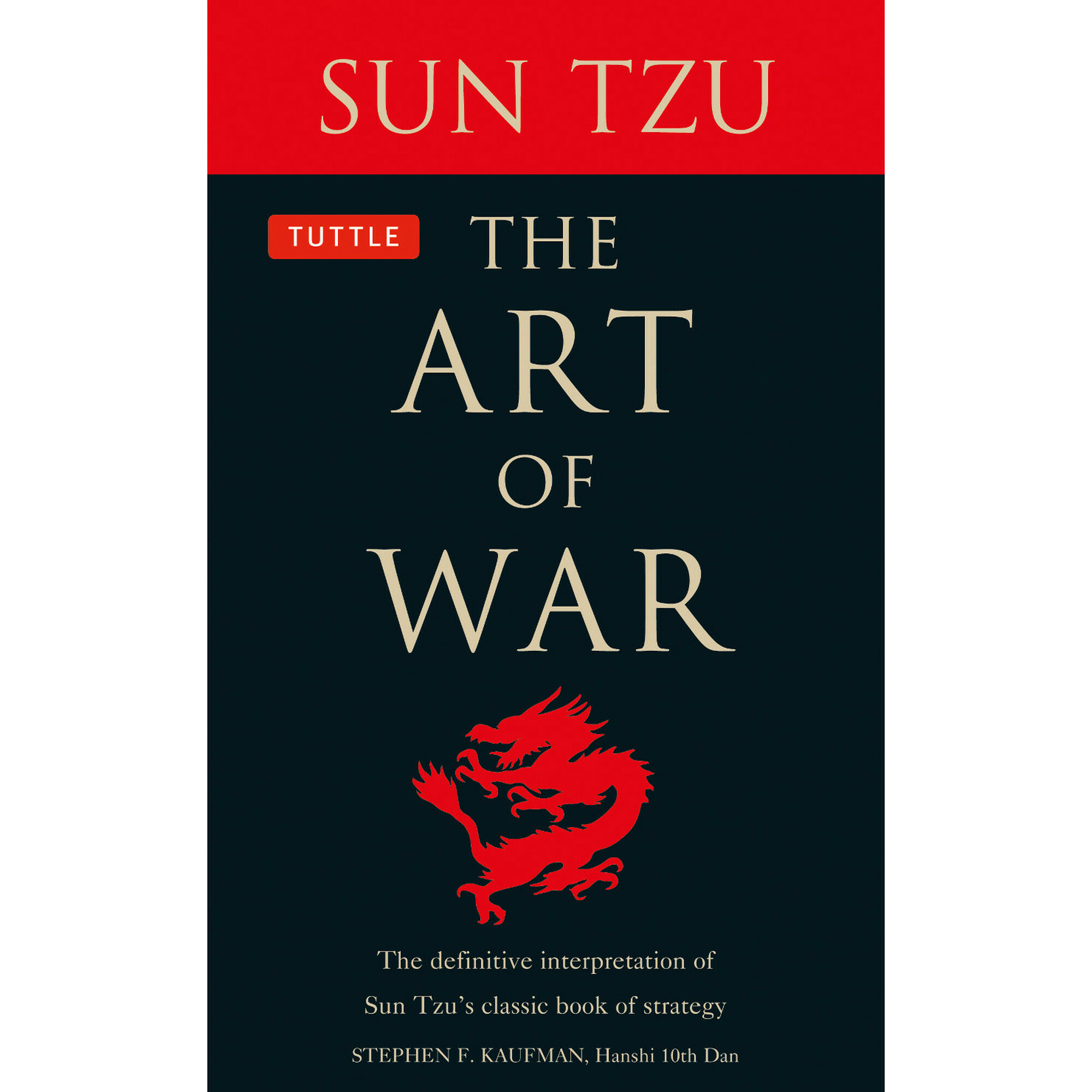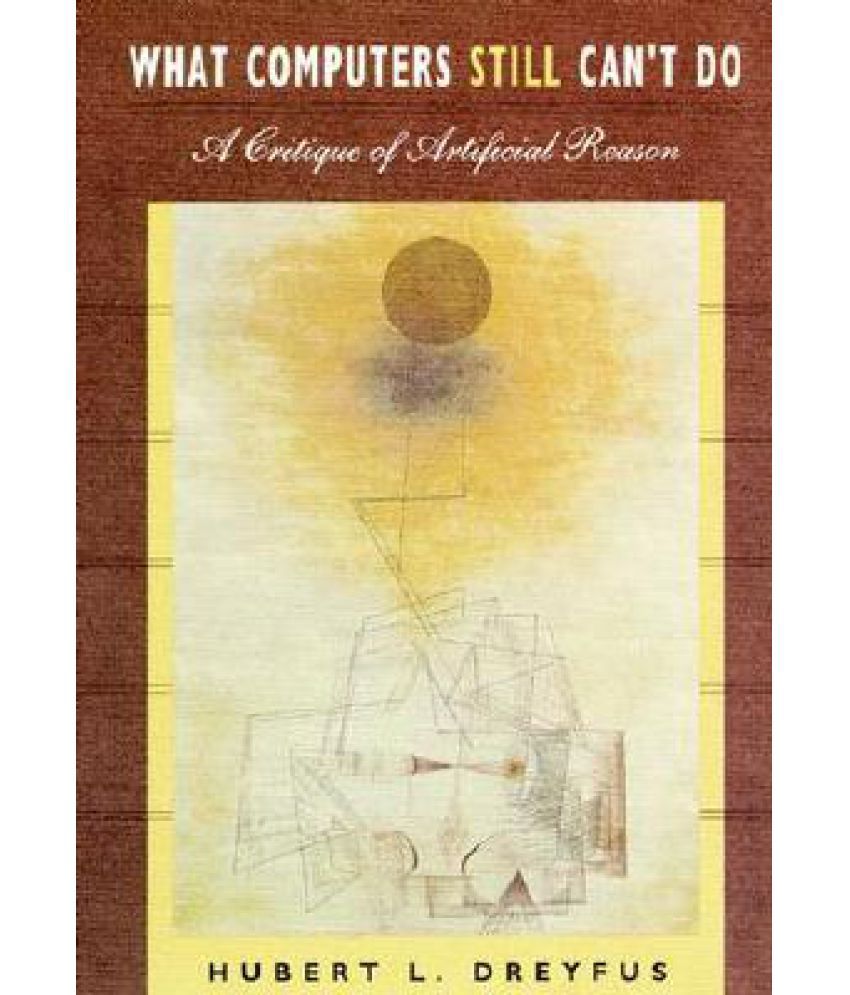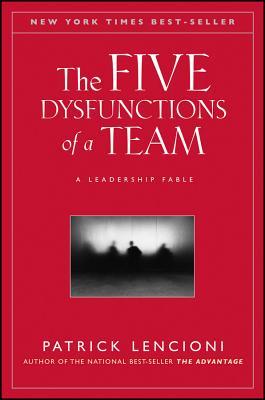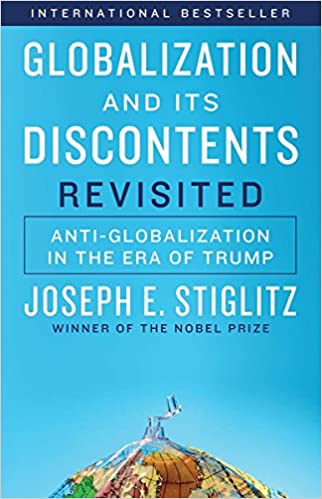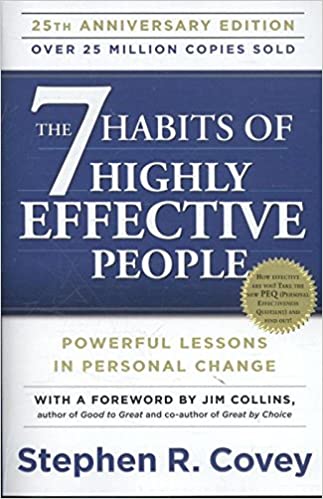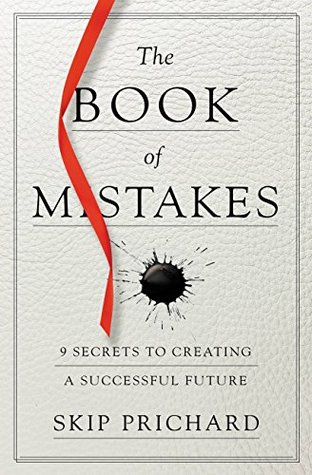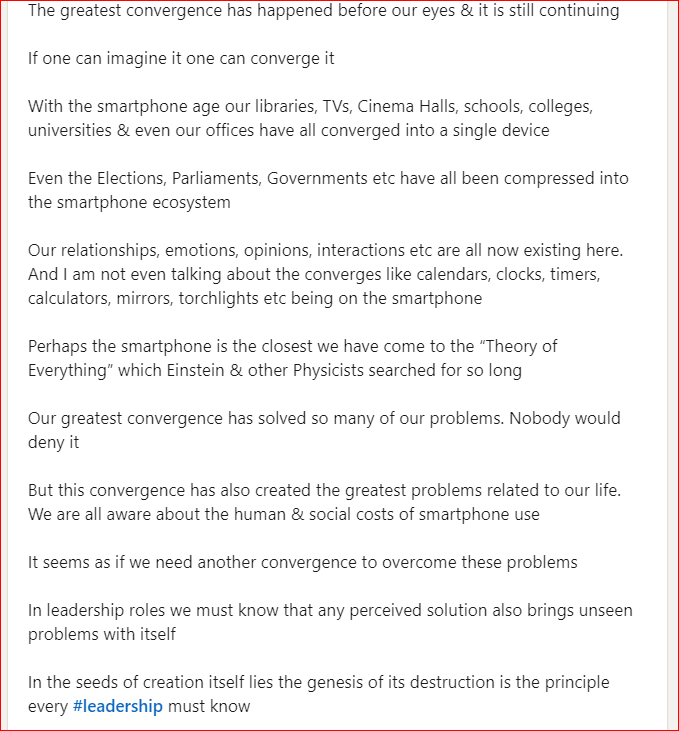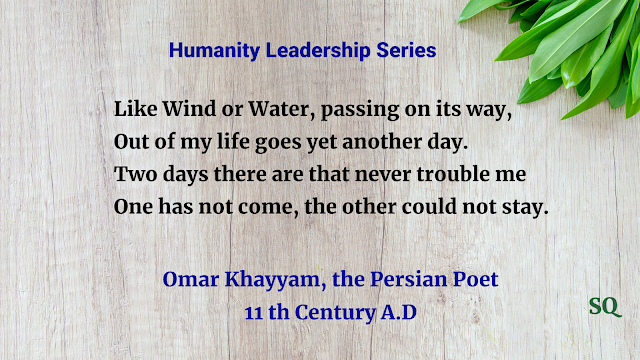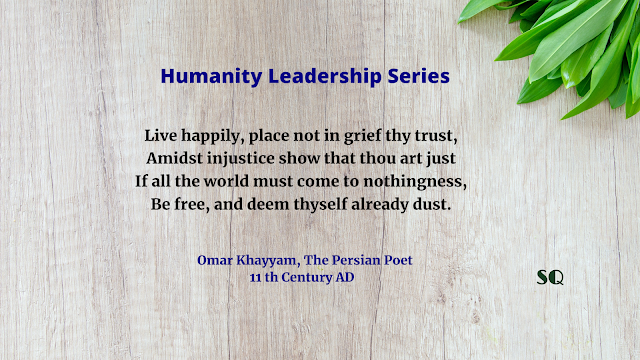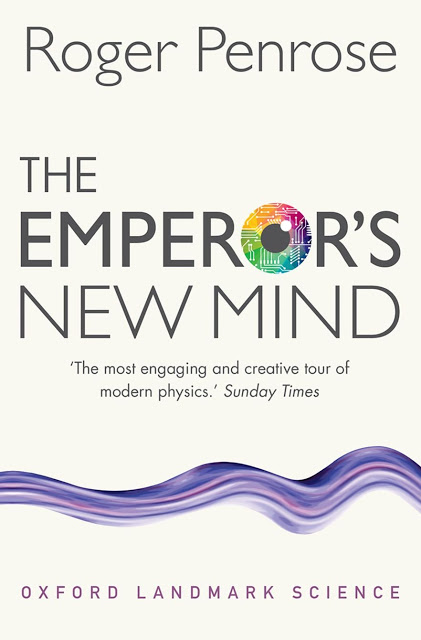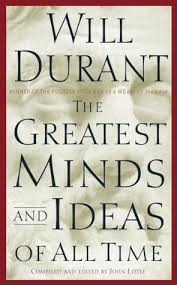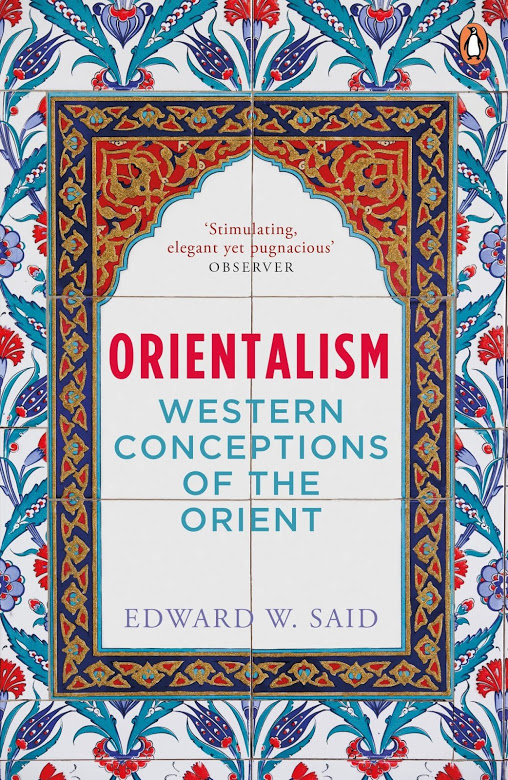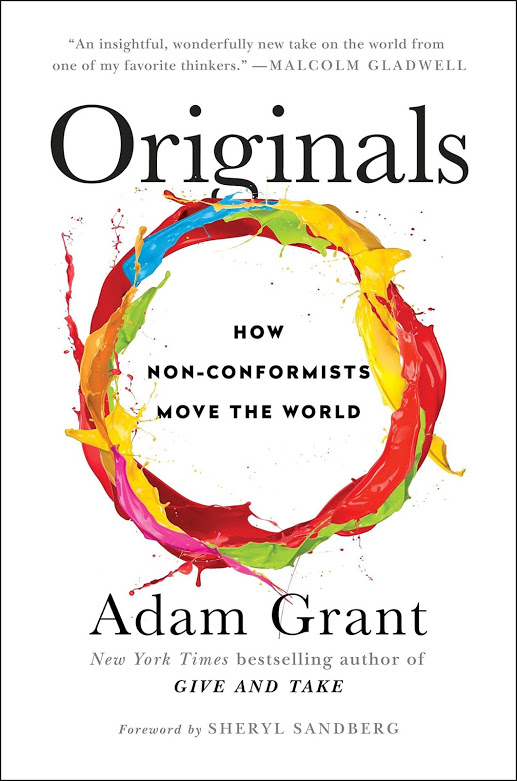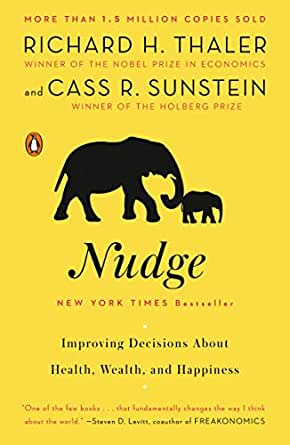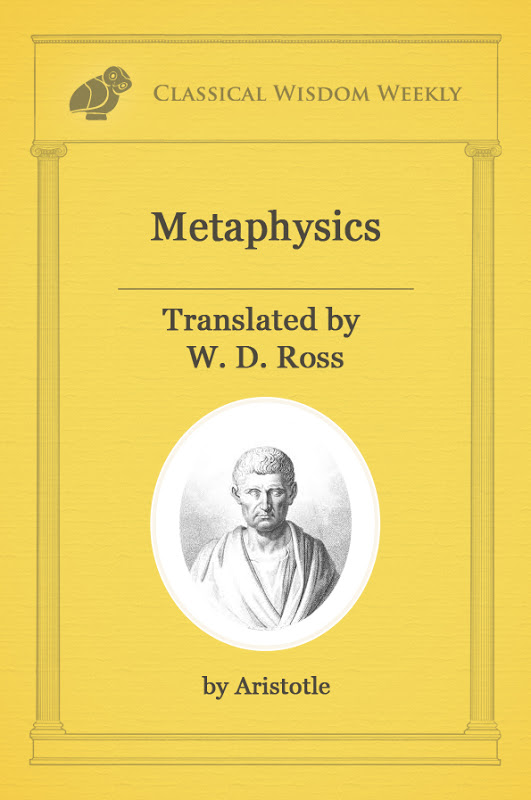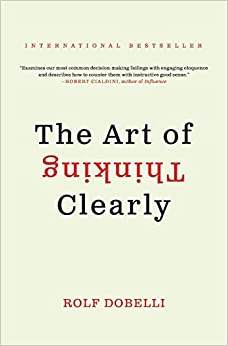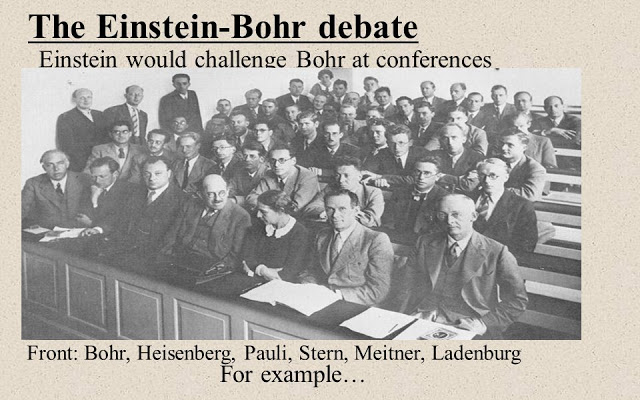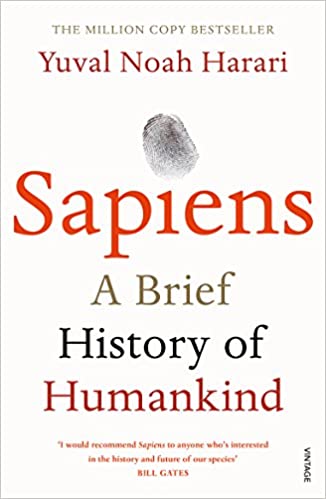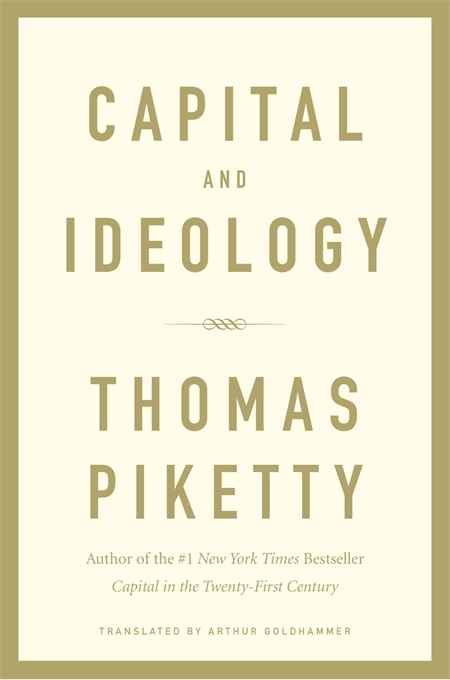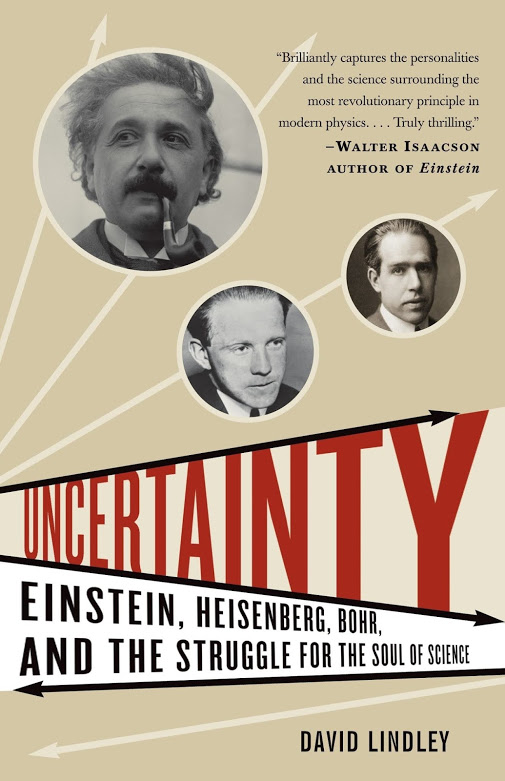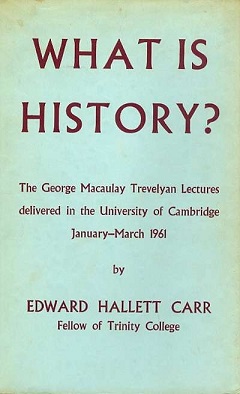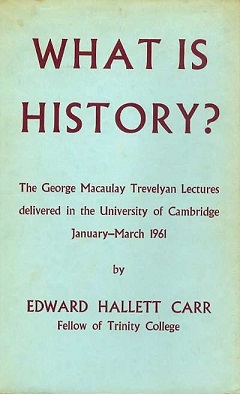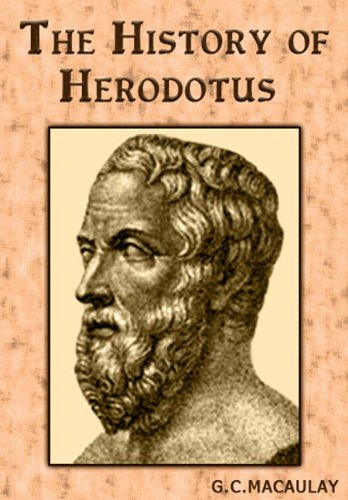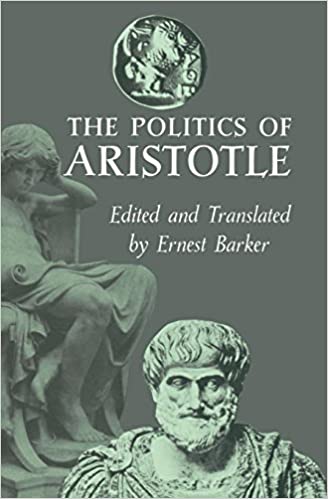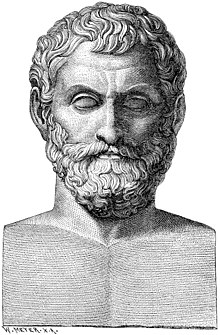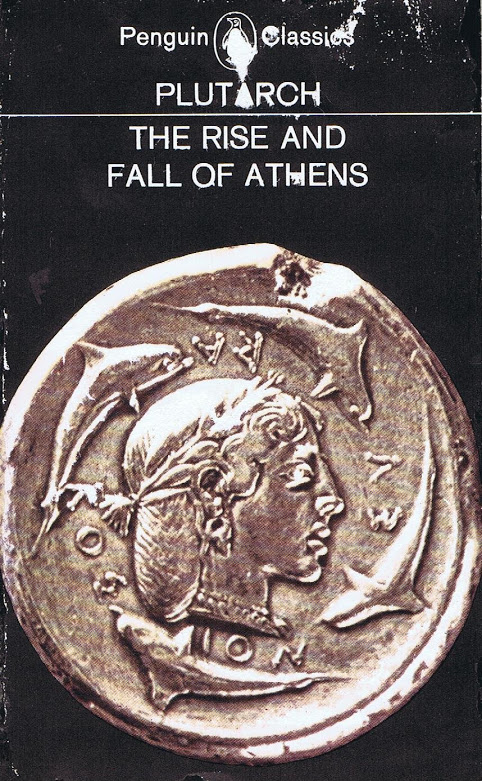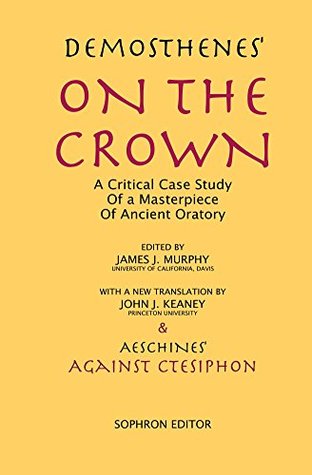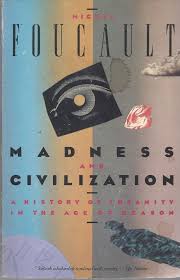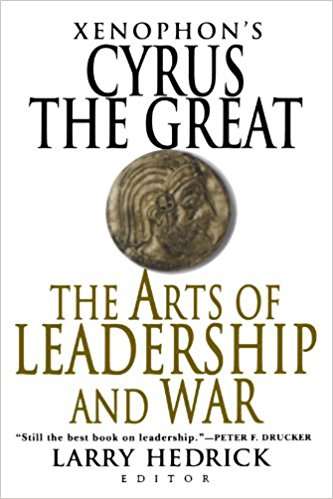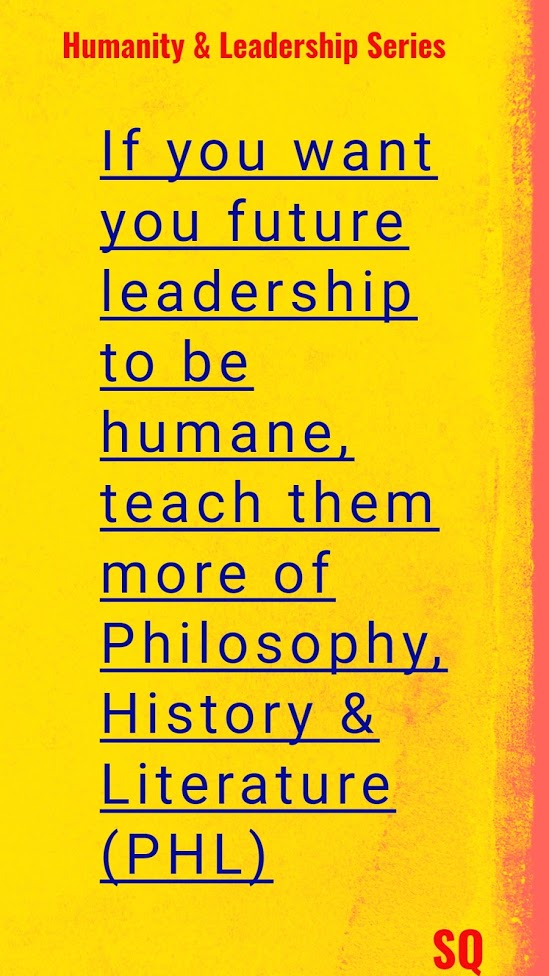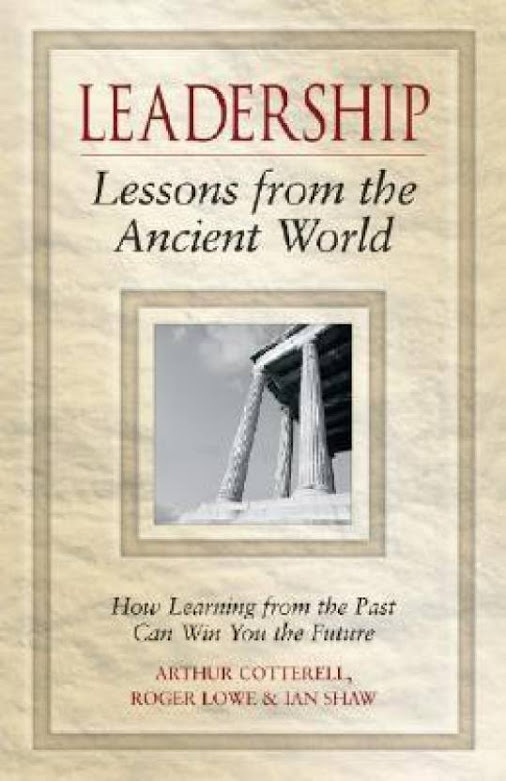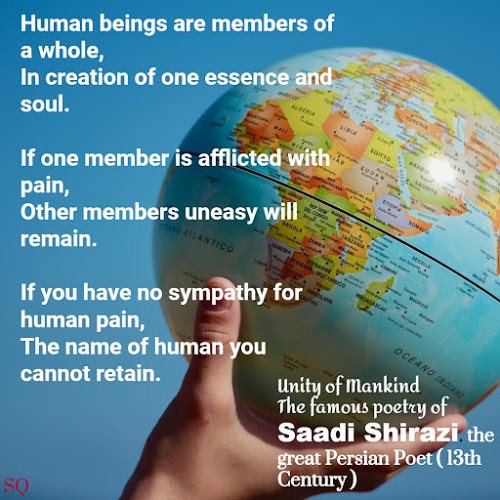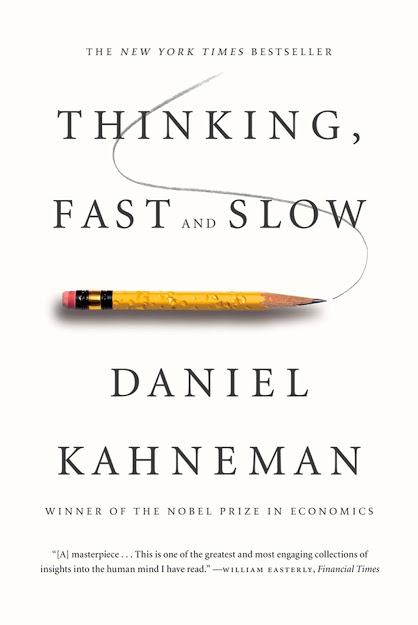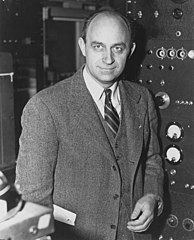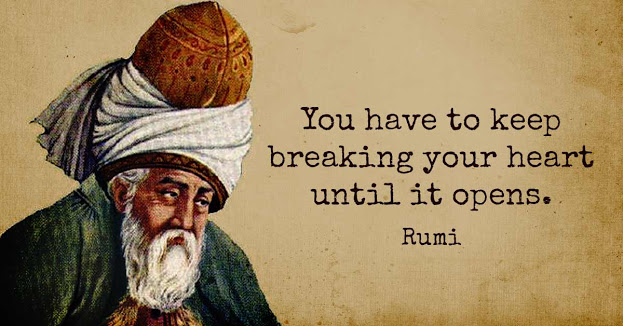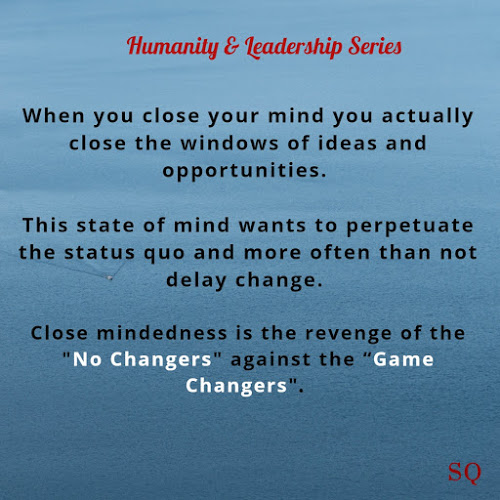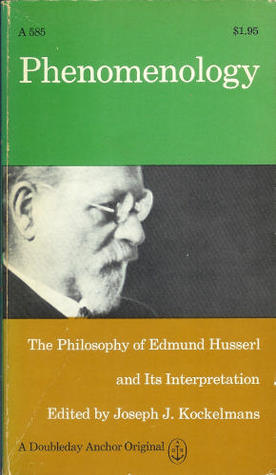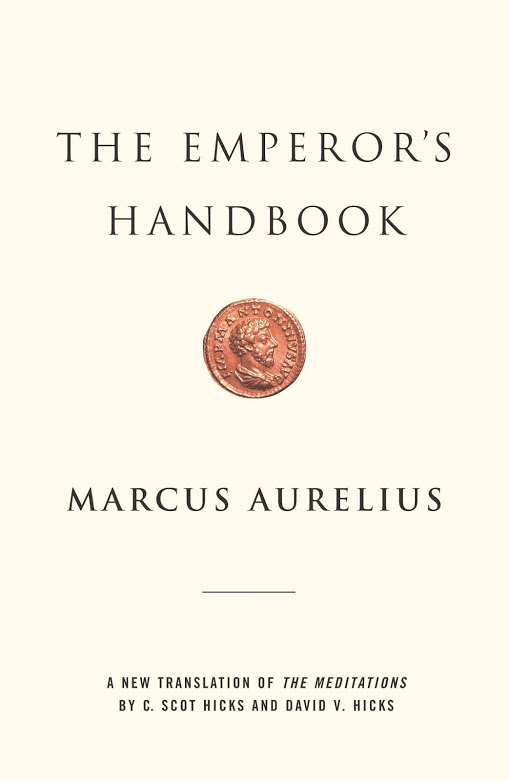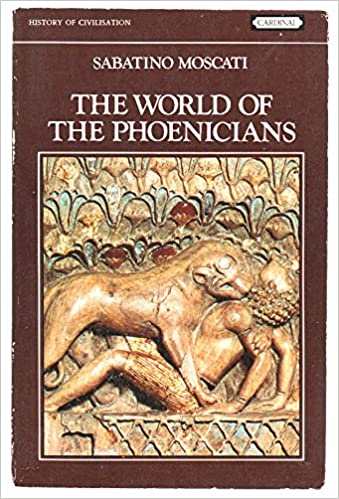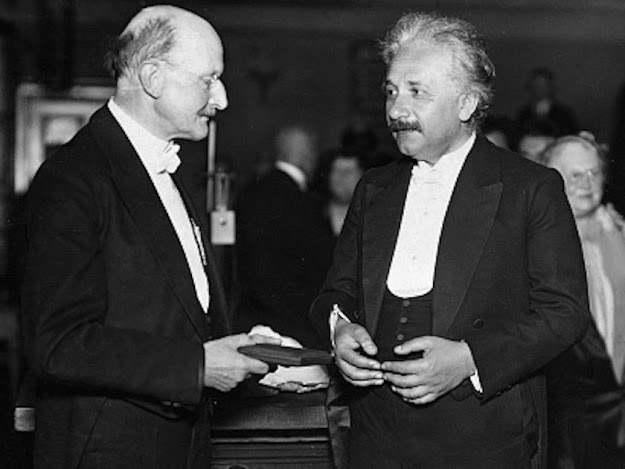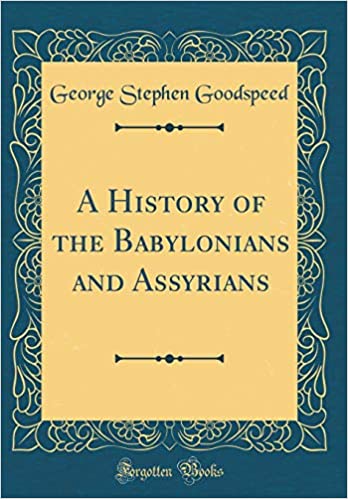The Basic Lesson in Leadership One of the most important lessons in leadership which I learnt was during my probation. Why I call this as important is that I still remember it and follow it regularly. This lesson has stayed with me since then. This lesson led me to develop it as the most basic habit in my leadership style. Once I was sitting with a senior officer who was jotting down something in his diary with full dedication. He was thinking and writing and then again reflecting on it. Since he was not noting anything on the official files, which were lying on his tables in bundles, it aroused my curiosity. I could not contain myself and interrupted him and asked him whether he is penning down his personal experiences in his diary. I have heard and even known people who maintained their personal diaries and it was obvious that I also thought the same. He closed his diary and said that though it is his personal diary, he is writing his official tasks that he needs to do. He said that it is his " To Do" Lists on official matters. This really struck me and made me further ask him that we generally remember important things and there seems no purpose of writing it down like class notes. I flagged the point that when we write down things we are in a way giving an impression that we are used to forgetting it. He looked at me with an expression which gave an immediate impression that he was going to explain something important in detail. And that was what actually happened. Do Not Waste Your Mind His answer still is embedded in my mind. He said that though we may remember important things but what if we do not remember it when it matters the most. Is it not a dereliction of duty? Is it not an unproductive habit ? Are we not allowing ourselves to be dictated by our whims and impulses of our minds ? Further explaining it he mentioned that we should never think that we are born to remember all the things but our mind also forgets many things frequently. Citing an example he said that sometimes we remember the face of a person but the name just doesn't seem to come to our mind at the appropriate moment. This momentary slip can be allowed in personal life but in professional work we must not tax our minds too much for other important or routine things. As professionals we must create procedures and systems even in our daily work so that it can be developed as a habit. The habit of writing “Things To Do” can be a ready reckoner for any leader to review the progress, accomplish tasks on time as well as set benchmarks. This habit of working style ultimately leads to strong SOPs in the personal as well as professional life. The whole organization benefits if the leader is systematic, productive and has SOPs that can be emulated in the organization. This sets a good example for the whole unit. The Higher Purpose of Our Mind When I remembered this incident a few days back it suddenly struck me that our working memory has a limit attached to it. I read somewhere that scientists are of the opinion that a normal brain finds it difficult to remember beyond 7 items at any given point of time and perhaps that is the reason the early telephone numbers were 7 digits long only. If this is the capacity of our working memory it is futile to be in illusion that we would remember everything that matters. Another great example from history flashed across my mind. Ashur Banipal ( 7th century B.C) was the great Assyrian king who is remembered in history not only for his military exploits but for something which was not at all expected from him. It was not part of his official duty as king in those days yet he did it for the future generations and for creating a systematic way of remembering things forever. He is credited with founding the first professional library in the world where he wrote down almost all of the history of his time as well as the ages before him on the clay tablets. It is after the discovery of these clay tablets from his library that we came to know about the first human enterprise called the Mesompatamiam civilization. If not for his passion and habit for recording and writing things down we may have never known about our first human civilization. Ashur Banipal may have also thought as to why he should write when he can remember the events and things but this would have been disastrous for history. His writings and habit of recording things have aided humanity to decipher their past. This habit of Ashur Banipal gave birth to what we call today as History and it is one of the highest forms of “Leadership of Ideas”. In leadership roles our minds should be used for generating the most important ideas and for imaginations that can bring in creativity and innovations to the organization. As a leader, if we start squandering our minds too much for routine and repetitive things and trying to remember every detail, it is like misusing and wasting our brain power. Those things that can be jotted down for “TO DO” lists should hardly be remembered. The way we use our minds ultimately decides the fate of our leadership. If we are using our minds for routine things then rest assured we have no time for the great things. We will be doomed to be ordinary leaders. Someone Already Knew It That is why the first important productivity solutions developed by the software companies, when cellular phones revolution started, were the “TO DO” and “TASKS” types of Apps. These Apps became very popular and many of us may have also used it in our official work. Almost every major IT company from Google to Microsoft to many others initially dabbled in the calendar, Tasks, To Do etc Apps. The reason was plain and simple. They wanted to free the minds of the corporate leadership from the routine activities and make them focus on areas where the thinking process is actually required. The MS PowerPoint revolution has allowed corporate leadership to give presentations on important matters without really remembering the unwanted details. Everything that needs to be said is jotted down on the PPT. Thus it has diverted the minds of leadership to think, analyse and conceptualise much better during the presentations or in the meetings. But here also the caveat is that the leadership quality depends upon what is written down and what is remembered. We Have Misunderstood Our Mind What I believe is that the entire concept of the purpose of our mind has been misunderstood. Our mind is not for remembering things and for filling it up with facts and figures even if it is important. The higher purpose of our mind is to think and think strategically. But we are using our minds more for memorising facts and then trying to recollect it rather than thinking. The entire relationship we have with our mind and brain is wrong. As a matter of fact we are not utilising the purpose of our mind. We must think more and memorize less. This is what successful leaders do in their work. Another misconception we have is that the higher our memorising power the greater the intelligence we have. This may be an adage but never the rule of the business we have with our mind. The concept of Intelligence is related directly to our Imagination process and less with the knowledge gained through the memorising process. That is the reason the famous genius Einstein concluded that imagination is bigger than knowledge. That is perhaps the reason we ask the child to draw, paint and create more innovative things rather than cramming their minds with facts born out of the memorising process. The leadership lesson is quite obvious from the whole discussion. The things that can be jotted down for the operational aspect of our leadership roles must be done always. Those small notings can be of great productive value for any leadership in meetings for issuing guidance and for operational clarity. If as a leader we develop this habit it is but natural that slowly we would be using our minds for strategic thinking. The role of a successful leader is not to have a great memory but to have a “Strategic Thinking Mind”. This can only happen if we start our Imagination process more often than our memorising procedure. XXXX *Pl Subscribe To Leadership Sparkle by Registering your Email.
2995
0
Business , Change , Change Leadership , Courage , Decision Making , EdTech , History , How To Make A Decision , Innovation , Inspiration , IT , Leadership , Leadership Development , Leadership Quotes , Leadership Skills , Leadership Style , Leadership Traits , Leadership Types , Management , Management Leadership Style , Motivation , Organizational Leadership , Problem Solving , Problems Solving Skills , Qualities Of A Good Leader , Servant Leadership , Strategy , Success , Team Leadership , Thought Leadership , Types Of Leadership Styles , Vision , Visionary , What Is Decision Making , What Is Leadership , What Leadership

 Get a PDF Free Book
Get a PDF Free Book








